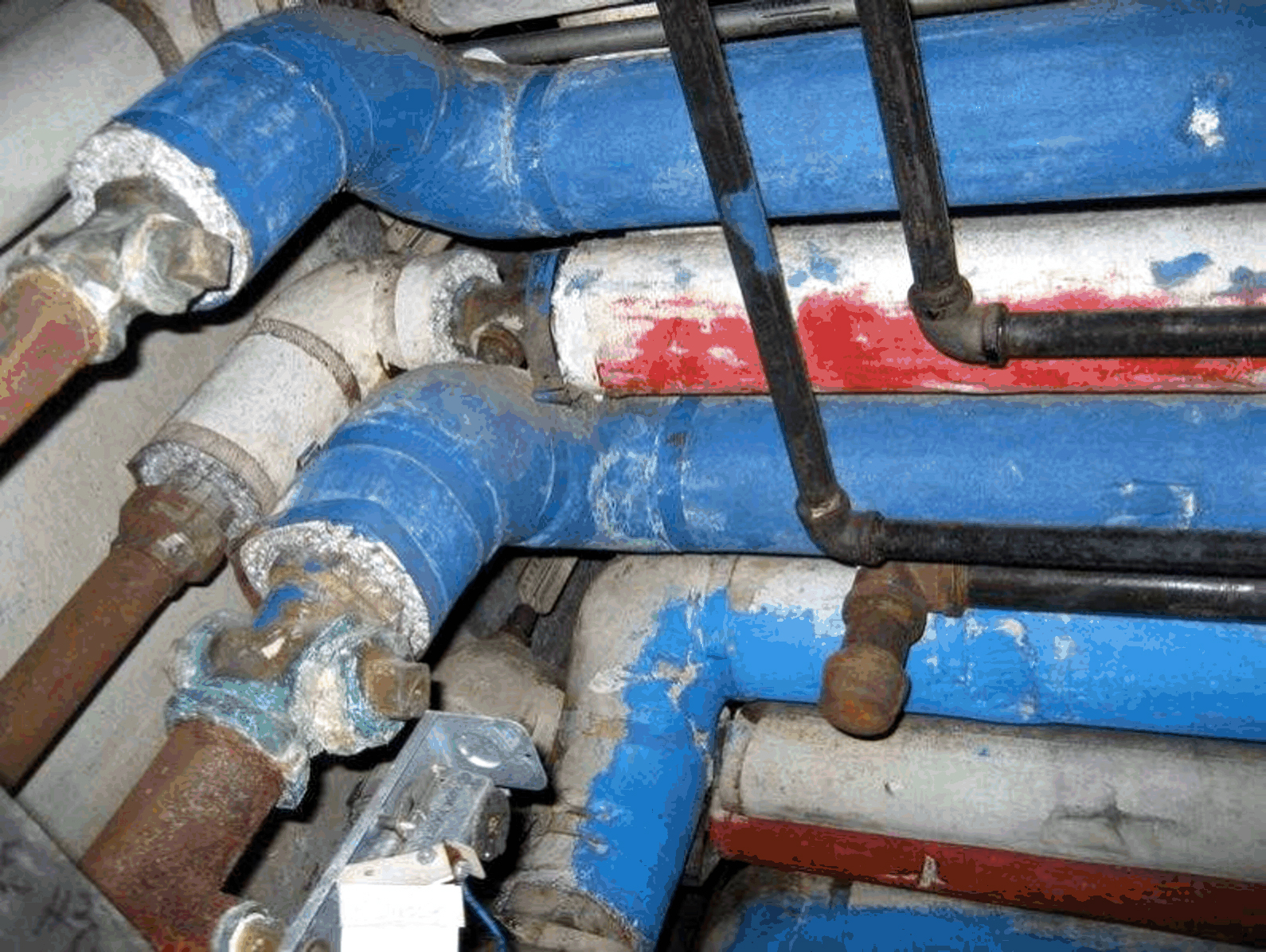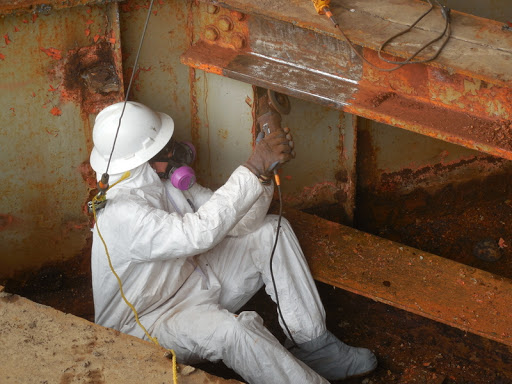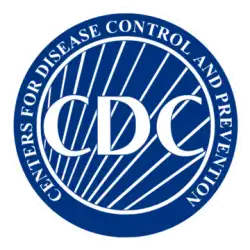Asbestos, Lead-Safe & Mold Surveys
GREEN provides asbestos inspections, lead inspections and mold evaluations with full-scale remediation services.
Asbestos Surveys and Abatement
The use of asbestos in building construction has a long and varied history. It has historically been used in the manufacture of concrete, roofing material, wallboard, insulation, floor tile, joint compounds, and adhesives. Health hazards associated with asbestos exposure are well documented and abatement is often a requirement, prior to building renovation and/or demolition. Exposure to asbestos is regulated by OSHA in construction, alteration, repair, maintenance, renovation or demolition of structures; and by individual states to protect the health and safety of the general public and persons engaged in abatement.
GREEN provides asbestos services to both private and public sector clients in the greater Boston area and throughout New England. Our asbestos services include assessment and survey work, licensed remediation, and abatement monitoring services. Our services range from assessments to support minor building renovations, to full-scale abatement to support industrial facility demolition. These services are performed by our in-house staff affording us the ability to complete projects in a more time and cost effective manner than our competitors.
Licensed Asbestos Inspectors (MA, NH, ME & RI)
Licensed Asbestos Abatement Contractor (MA, NH & RI)
Independent Project Monitor Services
Mold
Molds produce allergens, irritants, and in some cases, potentially toxic substances. In order for mold to grow indoors there must be mold spores present, a conducive temperature rage, a nutrient source and water. Wet or damp construction cavities, attics and plenums are a major source of mold. GREEN provides full scale mold evaluation and remediation services. GREEN routinely inspects commercial properties for the presence of mold.
Our investigative services include
- source evaluation,
- indoor air quality testing,
- percent moisture measurements of building substrates, and
- surface sampling.
The purpose of mold remediation is to remove the mold to prevent human exposure and damage to building materials and furnishings. GREEN conducts mold remediation in accordance with EPA's Mold Remediation in Schools and Commercial Buildings guidelines and employs various forms of remediation depending upon the type of material affected. These methods often include, wet vacuum, damp wipe, HEPA vacuum and/or removal of building materials.
Lead Inspection & Assessment
Lead paint is serious business. Lead inspection and lead risk assessment are useful first steps which can lead to more thoughtful decisions on managing lead paint and lead hazards.
Lead abatement is an activity designed to permanently eliminate lead-based paint hazards. Abatement is sometimes ordered by a state or local government, and can involve specialized techniques not typical of most residential contractors.
EPA requires individuals and firms who perform abatement projects in pre-1978 target housing and child-occupied facilities to be certified and follow specific work practices.
Lead-Based Paint Activities (Abatement)
- Lead-Based Paint Activities include lead-based paint inspections, risk assessments and abatements (lead-based paint removal).
- Lead abatement projects are designed to permanently eliminate existing lead-based paint hazards. They may be ordered by a state or local government in response to a lead-poisoned child or other reason, or may be undertaken voluntarily at any time.
- Lead risk assessments are designed to identify lead hazards and management strategies, and lead inspections are designed to locate all lead-based paint in a home.
- Individuals must be trained and certified to conduct lead-based paint activities, and firms must be certified.
- Lead-based activities are regulated differently than renovation, repair and painting jobs, even though, in some cases, the activities are similar.
- Learn more about EPA's Lead-Based Paint Activities program.
Renovation, Repair and Painting (RRP)
- RRP projects are typically performed at the option of the property owner for aesthetic or other reasons, or as an interim control to minimize lead hazards. It is NOT designed to permanently eliminate lead-based paint hazards.
- Since RRP projects can disturb lead-based paint in homes and buildings built before 1978, thus creating new lead hazards, individual renovators must be trained and certified lead-safe RRP practices, and firms must be certified.
- Learn more about EPA's RRP certification and training program .






